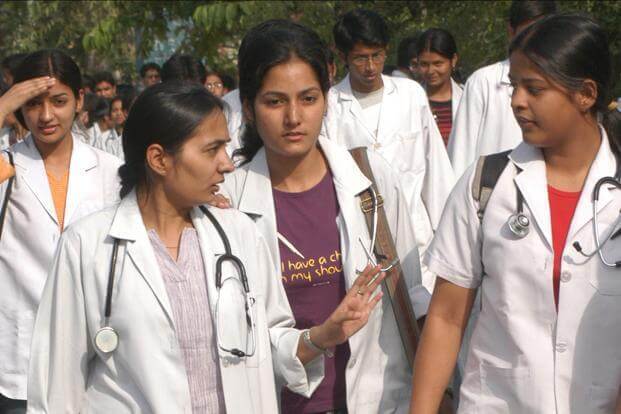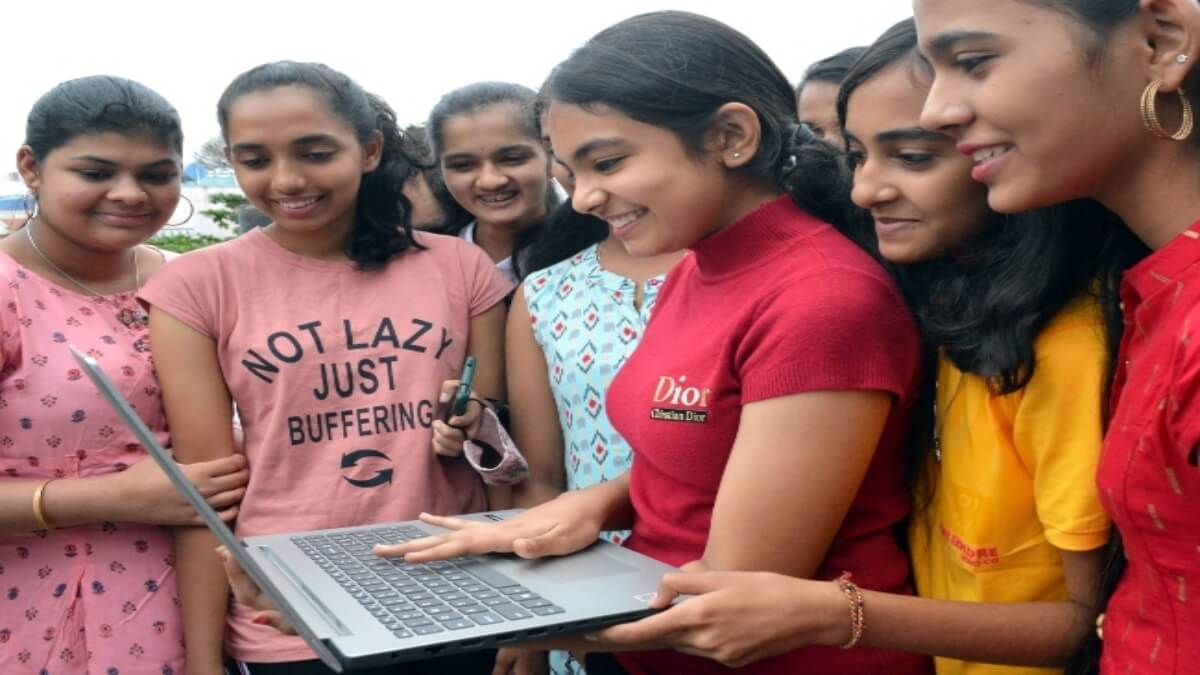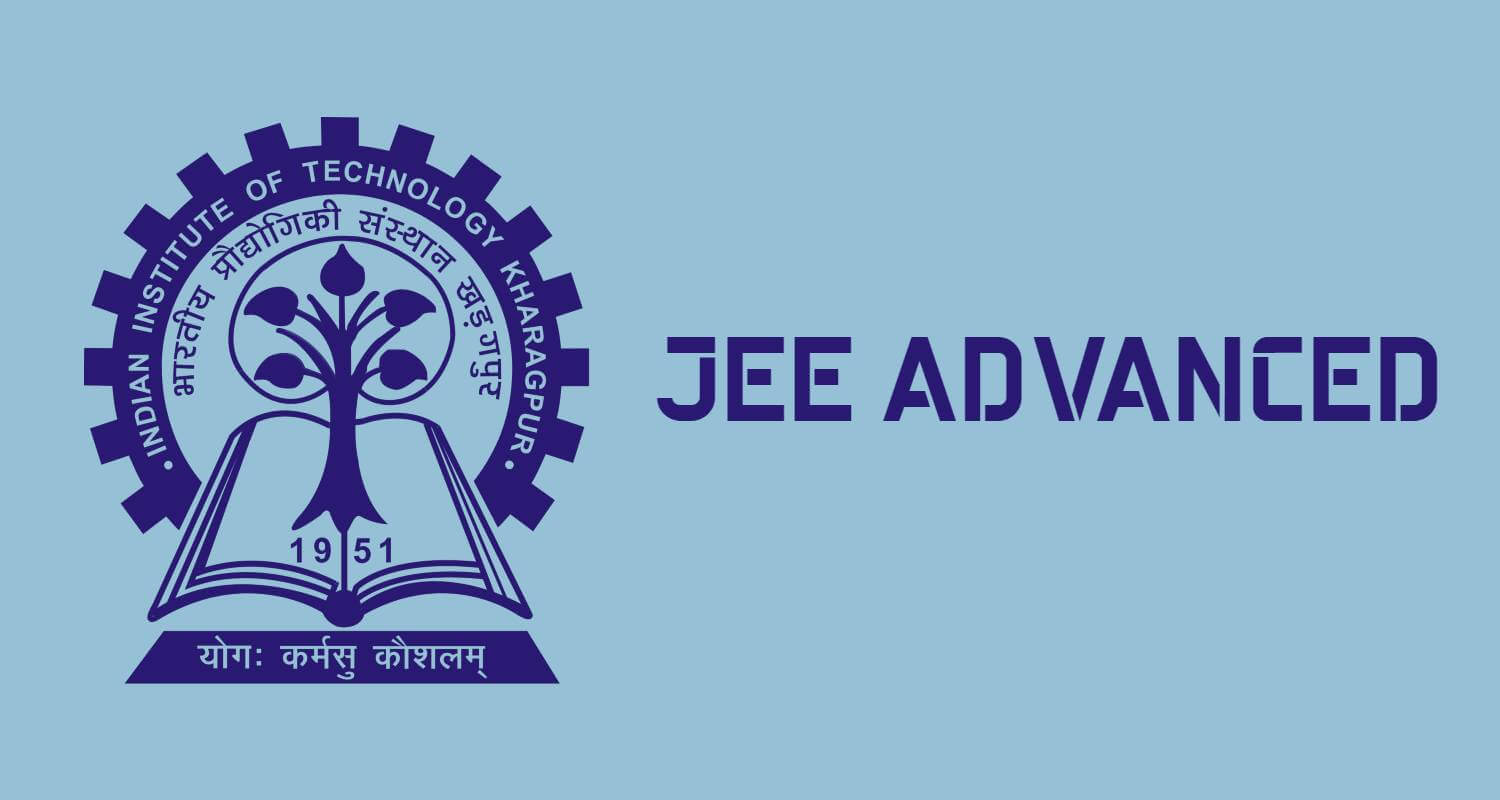Jamia Millia Islamia research scholars selected for Prime Minister Research Fellowship
Sat 07 Nov 2020, 21:24:56
.jpeg)
Jamia Milia Islamia's scholars Marya Khan and Abgeena Shabir, from Centre for Nanoscience and Nanotechnology(CNN) have been selected for the coveted Prime Minister Research Fellowship(PMRF) under the Lateral Entry category of the May-2020 drive.
Dr Aurangzeb Khurram Hafiz, Officiating Director, Centre for Nanoscience and Nanotechnology said that both researchers would be individually getting a fellowship of Rs 70, 000 for the first two years, Rs 75,000 for 3rd year, Rs.80,000 for the fourth year and Rs.80,000 for the fifth year respectively. Apart from this, each Fellow would be eligible for a research grant of Rs. 2 Lakhs per year (total of Rs 10 Lakhs for five years) under the PMRF.
JMI Vice-Chancellor Prof. Najma Akhtar congratulated both researchers and hoped that it will inspire other students of the university to do well in research. JMI stands for excellence and strives hard to provide its students every possible support to achieve great heights, she said.
Marya Khan’s PhD work will be based on “Multifunctional Hybrid Nanomaterial based Biosensors for Health Monitoring”. The overall object is to synthesize multifunctional hybrid nanomaterials and further use them for the development of different biological sensing devices.
Functionalization of active areas of biosensors with multifunctional hybrid nanostructures will not only improve the biosensor device stability, but also enhances selectivity, sensitivity and lowers detection
limits of the biosensor. Additionally, the aim is to use micro-fabrication techniques to produce highly sensitive biosensors.
limits of the biosensor. Additionally, the aim is to use micro-fabrication techniques to produce highly sensitive biosensors.
The development of multifunctional hybrid nanostructures based biosensors will help to overcome the limitations of sensing performances. Making them disposable and flexible will impact directly on socially and economically crucial arenas such as improved detection of clinically important biomolecules for effective response and treatment as well as an integrated smart sensing device will provide a simple, facile approach capable of selective and simultaneous detection of different biomolecules.
Ms Abgeena Shabir, who is pursuing PhD Nanotechnology under the supervision of Prof.S.S. Islam at the CNN,JMI said that her PhD work will be based on “Fabrication of High Performance Anode Materials For Li-Ion Batteries”. Through her research work she seeks to synthesize high specific capacity anode materials using facile and scalable techniques such that high energy demands are met and limitations of conventional batteries are overcome. The main aim of her work would be to synthesise Silicon/Graphene nanocomposite based anode materials with extraordinary properties of high stability, conductivity and coulombic efficiency. Her research work will pave a way for a new future of silicon/graphene based batteries which will be cost effective and easy to operate.
Prof. A. Q. Ansari & his team and other staff members of CNN, JMI worked hard for this achievement.
No Comments For This Post, Be first to write a Comment.
Most viewed from Edu and Jobs
AIMIM News
Latest Urdu News
Most Viewed
May 26, 2020
Do you think Canada-India relations will improve under New PM Mark Carney?
Latest Videos View All
Like Us
Home
About Us
Advertise With Us
All Polls
Epaper Archives
Privacy Policy
Contact Us
Download Etemaad App
© 2025 Etemaad Daily News, All Rights Reserved.




.jpg)

























